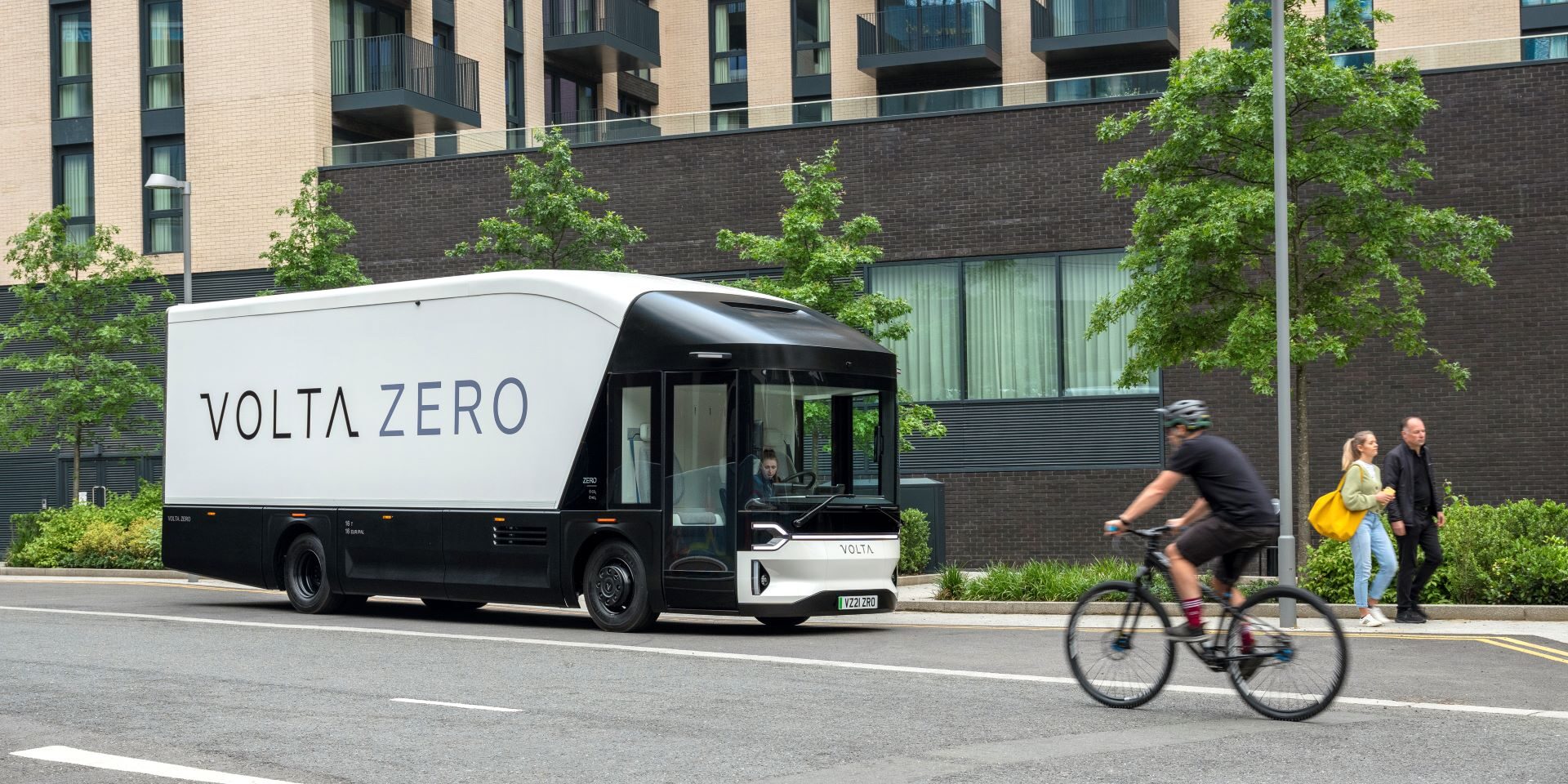While the dust is settling on the UN’s climate change conference (COP26), it is vital that the conversation around global decarbonisation does not slip away from the public consciousness, nor that of the world leaders who attended the event in Glasgow.
Perhaps it is even more important given that the resolutions that came out of the conference stopped short of where many experts believed that they really needed to be.
Before COP26, we at Volta Trucks affirmed our view that the event must result in genuine, swift movements towards decarbonisation actions, not a raft of new targets, pledges, and promises.
Unfortunately, while COP26 seems to have had a positive impact in mobilising the commercial sector on the journey towards decarbonisation, our prediction that, overall, world leaders would not go far enough towards concrete action, proved to be accurate.
Alok Sharma, President of COP26, hit the headlines at the end of the conference when he offered a tearful apology for the way in which the final stages of the talks had unfolded. Chief among the agreements, that drew mixed reactions from around the world, was the watering down of the commitment on coal usage. Last-minute requests from India and China saw the wording of the pact changed from the ‘phasing out’ of coal to a ‘phasing down’.
Moreover, there was little or no discussion about the phasing – either out or down – of oil, which underpins the internal combustion engine (ICE) industry which is such a crucial element in the move towards decarbonisation.
COP26 featured the first ever Transport Day, which was a welcome addition to the conference. However, while there was much talk about passenger vehicles, pledges towards aviation emission goals, and net-zero shipping routes, there was little conversation around the truck sector, which is among the most important when it comes to reducing emissions and improving air quality.
In particular, it is vital that last-mile logistics are considered in the reduction of the effects of global warming and the making of our cities safer, healthier, and more sustainable for all. This is because traditionally fuelled trucks in Europe account for 23% of road-going carbon emissions, despite only accounting for 2% of the vehicles on the road.
We don’t need to wait to address this issue; the full-electric Volta Zero is being deployed in London and Paris in the coming months. Production has already started on the first 25 ‘Design Verification’ trucks, which will be in active use during the first half of 2022, while final production customer vehicles will be delivered by the end of next year.
At Volta Trucks, we share in Mr. Sharma’s disappointment at the lack of concrete measures to reach the target of limiting global warming to 1.5 degrees Celsius. The intentions of the conference were determined but the ambition and urgency required are still lacking; if the issue of global warming and poor urban air quality is to be truly tackled – and with the necessary alacrity – we needed COP26 to produce another step forward from the Paris Agreement of 2015.
What we got was a small step, not the leap forward that the world needs.
By adopting electrification technology and electrifying fleets now, businesses can play a fundamental role in making a tangible contribution to COP26’s net-zero targets.
And, with the Volta Zero, there is a real vehicle for the delivery of that change.

